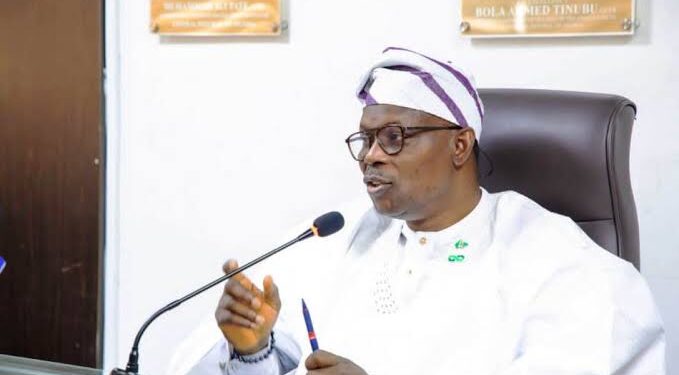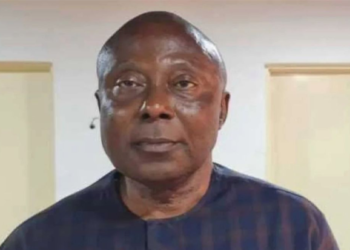He made the statement during a working visit to the University of Benin Teaching Hospital (UBTH) on Monday.
Salako attributed the impending end of the trend to the President Bola Tinubu administration’s focused efforts to strengthen the health sector through strategic reforms and policies.
He expressed confidence that these efforts would address the challenges facing the sector.
The minister emphasised that public hospital workers should not feel compelled to leave the country, given the ongoing improvements in remuneration and working conditions.
“Within Nigeria’s economic realities, health workers are among the best-paid professionals.
“However, beyond salary increases, we must cultivate a stronger sense of commitment and passion for the profession,” Salako explained.
He added that raising doctors’ salaries alone would not solve the sector’s challenges.
“If we increase doctors’ pay, other professionals, such as teachers, will also demand pay raises,” he said.
Salako also urged health workers to embrace patriotism and consider the long-term benefits of staying in Nigeria.
“East or West, home is best. No matter where you go outside your country, you remain a second-class citizen,” he stated.
While acknowledging the significant power supply challenges faced by many tertiary hospitals, Salako lauded UBTH for its innovative approach to managing the issue.
He pledged increased government funding for public hospitals, emphasising that healthcare remained a national priority.
“Health is the essence of living, and adequate funding is key to addressing the sector’s challenges,” he said.
On the topic of emigration, the minister noted that “japa” was an economic issue that required a comprehensive approach beyond the healthcare sector.
He said that with the policies in place, particularly those focused on capacity building, the tide would soon turn.
Prof. Darlington Obaseki, Chief Medical Director of UBTH, highlighted the severe shortage of healthcare workers at the hospital, in spite of its reputation for affordable, high-quality care.
“We currently have more than 500 patients, but only 750 nurses working across three shifts.
“This is barely sufficient to cover the clinics, theatres, and inpatient care. We also have about 250 consultants and fewer than 300 resident doctors,” Obaseki said.
He urged the government to urgently address the staffing shortage to ensure continued quality healthcare delivery. (NAN)











